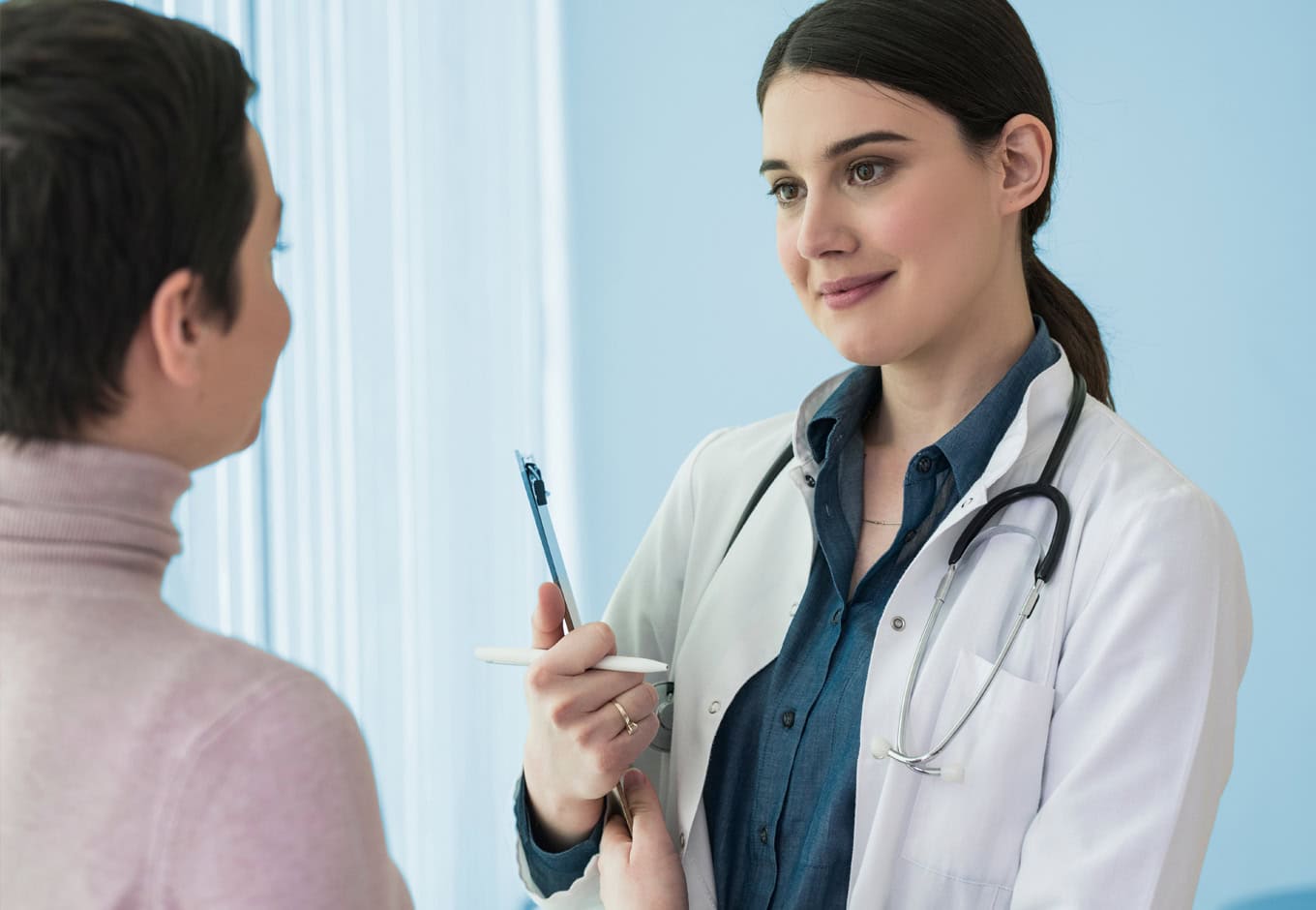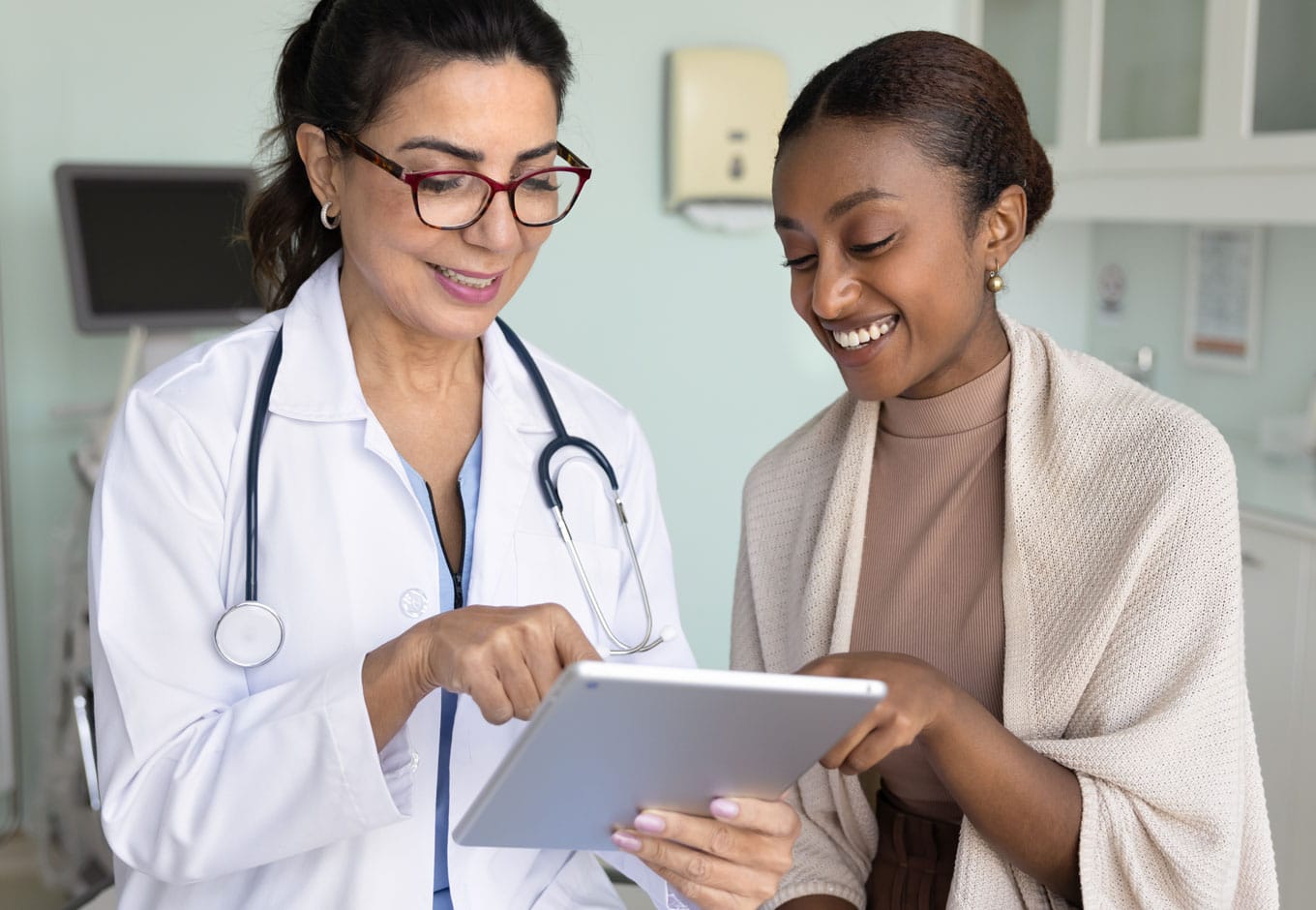Now that summer’s here, getting outside feels even better — longer days, warmer weather and of course, more sunshine. And with that extra sun comes an important health benefit: vitamin D, also known as the “sunshine vitamin.”
The Sunshine Vitamin: How to Get Enough Vitamin D Safely
But as much as we need vitamin D, getting it from the sun isn’t always simple — and sometimes being in the sun too long can cause more harm than good. Luckily, there are plenty of ways to get your daily dose safely.
Let’s break it down.
Why Vitamin D Matters
Vitamin D is a nutrient your body needs to absorb calcium, which makes it essential for strong bones and teeth. It also supports your immune system, helps regulate mood, and plays a role in how your muscles function.
Without enough vitamin D, bones can weaken, immune systems can take a hit, and overall health can suffer. Here’s what the experts recommend:
- 600 IUs per day for most people under 70
- 800 IUs daily for adults 71 and older
The good news? You don’t have to rely on sunshine alone.
Carefully Soak Up the Sun
Your body can make vitamin D all on its own when your skin is exposed to sunlight. But there’s a catch: the same UV rays that trigger vitamin D production can also increase your risk of skin cancer with too much exposure.
Getting outside for a short walk or spending a few minutes in the sun a few times a week can help support healthy vitamin D levels. Still, the amount of sunlight you need depends on several factors — including your skin tone, where you live, the time of day and how much skin is exposed.
Here are a few things to keep in mind:
- People with darker skin tones may need more sun exposure to produce the same amount of vitamin D.
- Older adults and those who spend most of their time indoors may not get enough from sunlight alone.
If you’re heading outside, be sure to protect your skin: wear sunscreen, avoid peak UV hours (10 a.m.–4 p.m.), and cover up when needed.
Want more tips on enjoying the sun safely? Take a look at our Sun Science Safety post.
Add Vitamin D to Your Plate
Unlike some nutrients, vitamin D is found in only a handful of foods. That’s why eating foods fortified with vitamin D can help fill in the gaps.
Naturally rich sources include:
- Fatty fish, including salmon, tuna and sardines
- Egg yolks
- Certain mushrooms (especially those exposed to UV light)
Common fortified options include:
- Cow’s milk and plant-based alternatives (including soy or almond milk)
- Orange juice
- Breakfast cereals
- Yogurt
Adding in some of these options can help you get closer to your daily goal.
Filling the Gaps with Supplements
If you’re not out in the sun much, follow a plant-based diet, or have a medical condition that affects nutrient absorption, supplements might be a better option. Vitamin D supplements typically come in two forms:
- D2 (ergocalciferol)
- D3 (cholecalciferol) — which may be more effective at raising and maintaining vitamin D levels over time
Before starting any supplement, check in with your doctor. A simple blood test can determine whether your levels are low — and if a supplement is necessary, your provider can help you choose the right type and dose.
Remember: More isn’t always better. Taking too much vitamin D can cause side effects, so stick to what is recommended for your body.
A Final Thought
Everyone’s vitamin D needs are different — and that’s OK. You can choose options that fit best your lifestyle, whether it’s spending more time outdoors, revising your diet or taking a supplement.
At Hill Physicians Medical Group, we’re here to help you make healthy choices. If you have questions about vitamin D or want help creating a plan that works for you, talk to your doctor.



